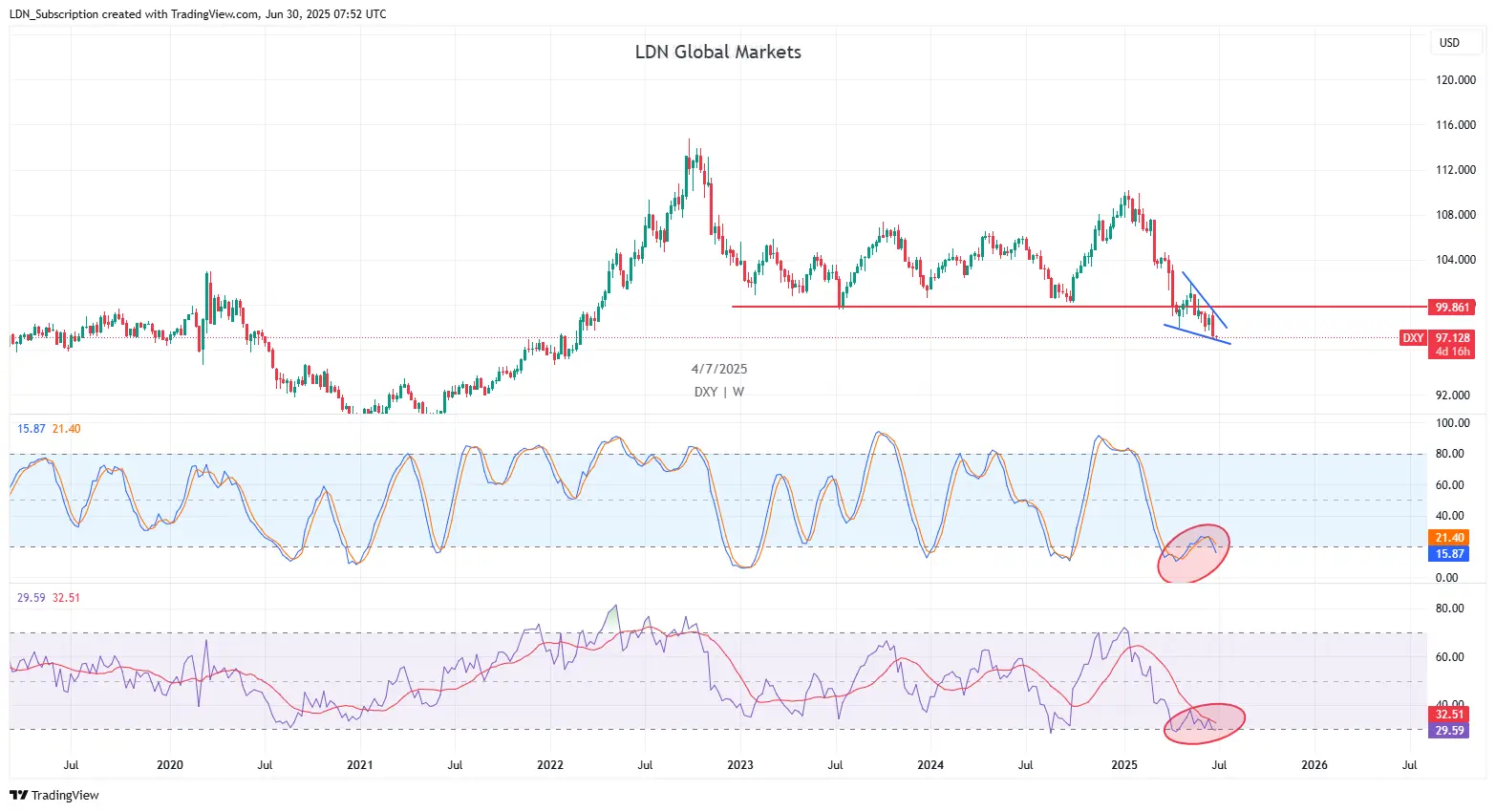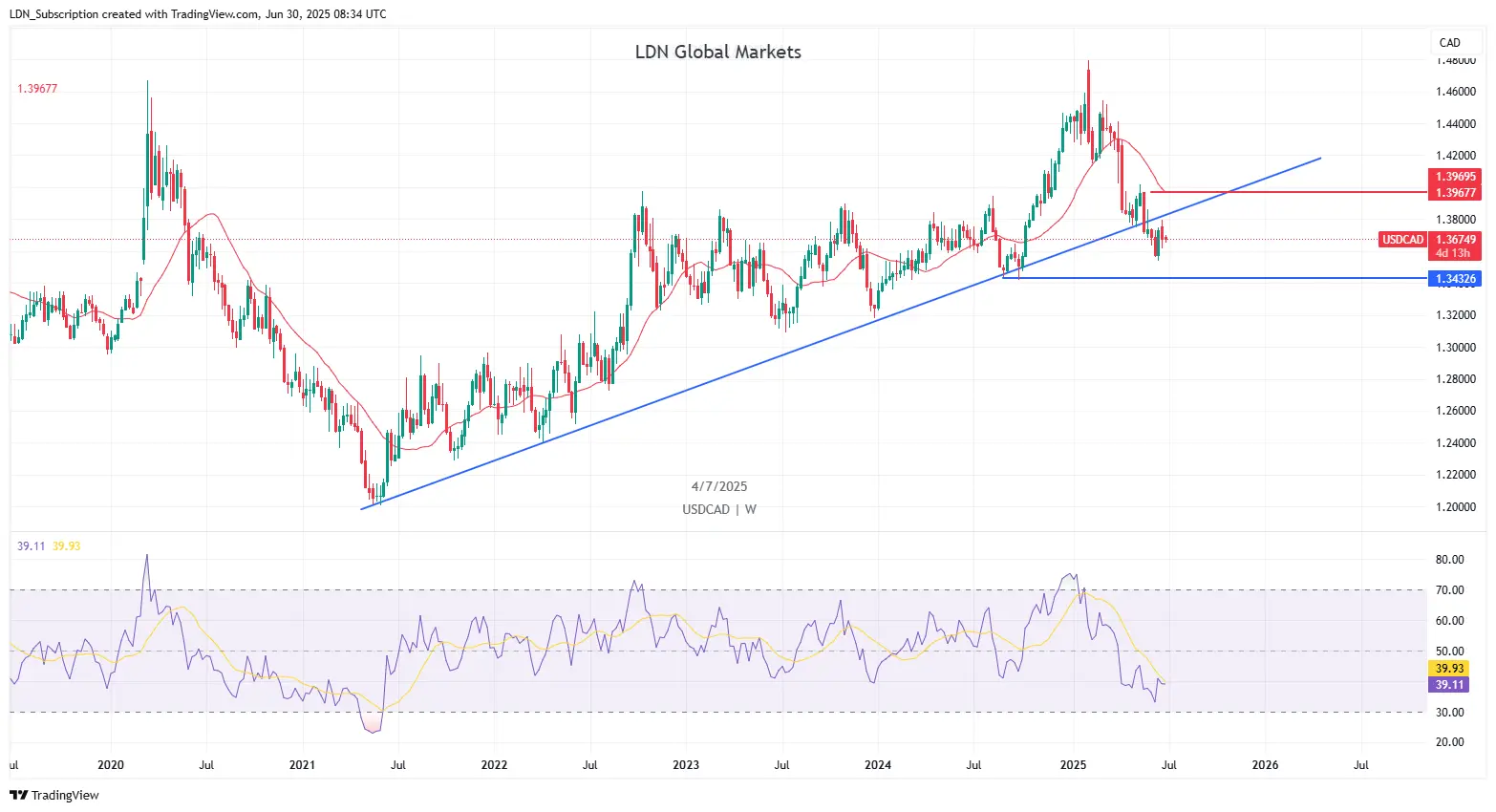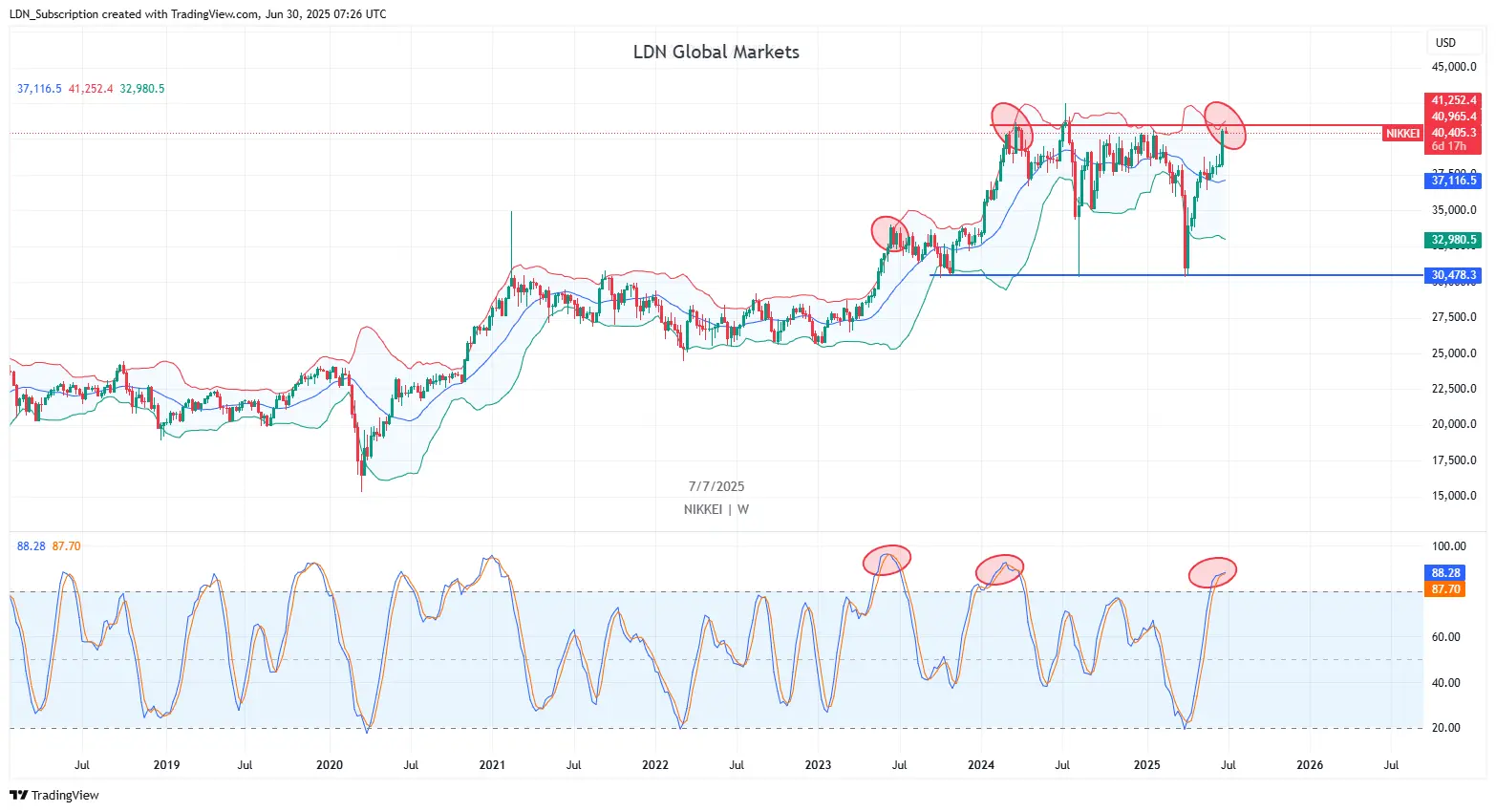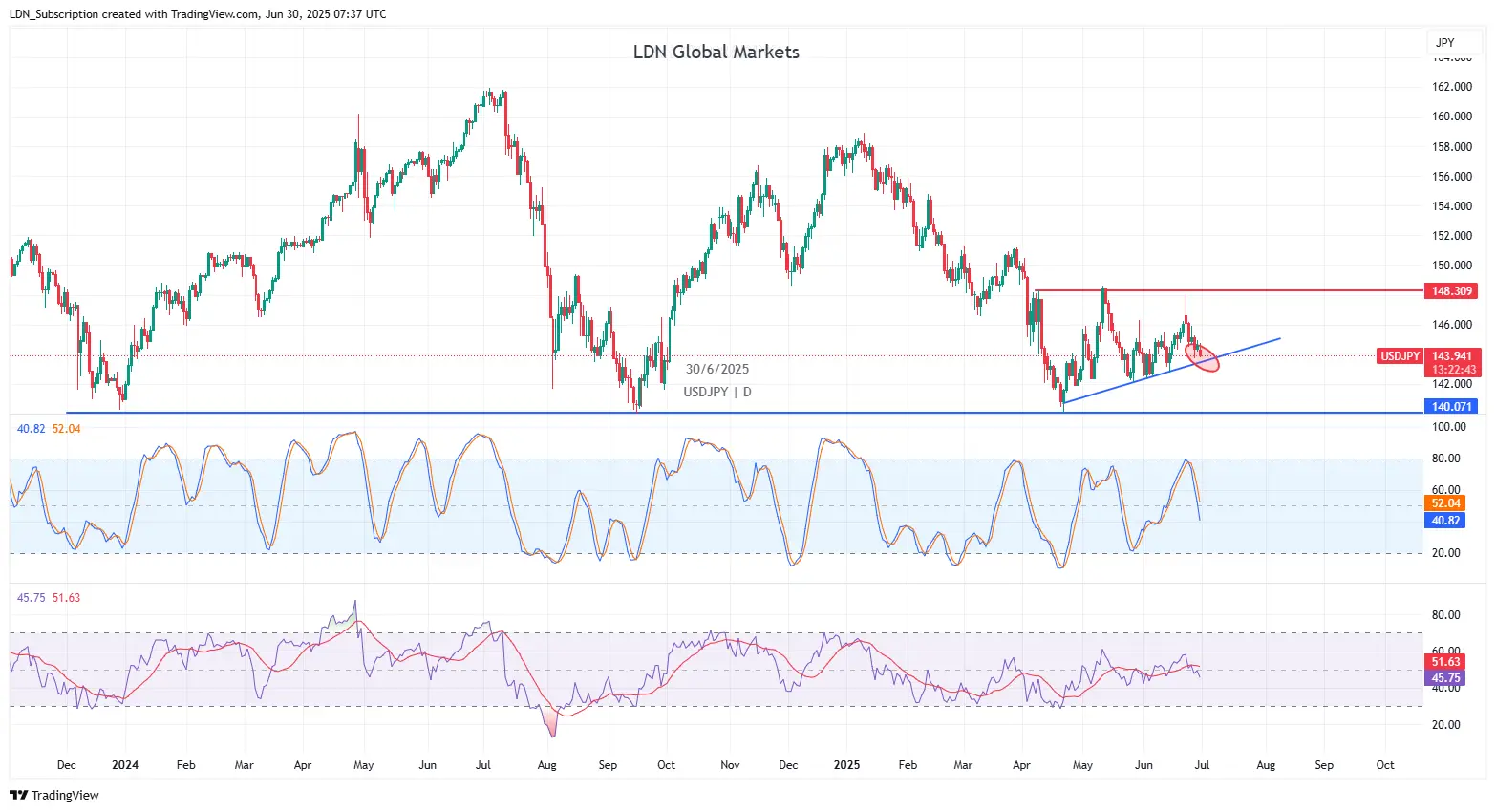China has agreed to resume rare earth exports to the United States, signaling a breakthrough after weeks of rising trade tensions. The decision follows U.S. confirmation of a preliminary deal aimed at easing mutual restrictions. Rare earths vital for electronics, aviation, and defense had become a focal point in the dispute, especially with China controlling around 90% of global processing.
China’s Ministry of Commerce said it would approve compliant export applications in exchange for the U.S. lifting certain trade measures. This deal builds on talks held in London after earlier negotiations in Geneva collapsed over implementation issues.
President Trump and Commerce Secretary Howard Lutnick confirmed that rare earth shipments would begin soon, with the U.S. rolling back some curbs, including restrictions on Chinese students. However, China’s strict export licensing system may still limit access to U.S. defense contractors. While some U.S. export controls remain in place, the agreement is viewed as a key step toward stabilizing supply chains and rebuilding trust between the two countries.
While some U.S. export controls remain in place, the agreement is viewed as a key step toward stabilizing supply chains and rebuilding trust between the two countries.
The United States and China have taken an important step to ease their trade tensions after China agreed to restart exports of rare earth minerals to the U.S. This comes after weeks of tough negotiations and is seen as a sign that the dispute, which affected global supply chains, may be easing. In return, the U.S. is expected to reduce some trade restrictions, according to President Trump and the Commerce Secretary. Although China still has some export rules, this agreement shows a move toward cooperation, especially in electronics and defense. Shortly after, Canada canceled its planned 3% digital services tax on big U.S. tech companies like Amazon, Facebook, Google, and Apple. The tax was stopped just hours before it was set to start, after President Trump threatened to impose new tariffs on Canadian goods. Now, Canadian Prime Minister Mark Carney and President Trump plan to resume talks to reach a new trade deal soon. Canada’s finance ministry said it will work to officially repeal the tax law.
Shortly after, Canada canceled its planned 3% digital services tax on big U.S. tech companies like Amazon, Facebook, Google, and Apple. The tax was stopped just hours before it was set to start, after President Trump threatened to impose new tariffs on Canadian goods. Now, Canadian Prime Minister Mark Carney and President Trump plan to resume talks to reach a new trade deal soon. Canada’s finance ministry said it will work to officially repeal the tax law. These changes improved investor confidence and helped Asian stock markets rise. Japan led the gains, helped by a weaker yen and strong tech stocks. South Korea, China, and Australia also saw gains, reflecting hope that trade conflicts will ease.
These changes improved investor confidence and helped Asian stock markets rise. Japan led the gains, helped by a weaker yen and strong tech stocks. South Korea, China, and Australia also saw gains, reflecting hope that trade conflicts will ease.
 The positive mood was supported by strong U.S. markets and eased tensions in the Middle East, which reduced concerns about broader global risks. However, recent data showed some struggles in manufacturing in Japan, South Korea, and China. Despite these challenges, renewed talks and softer policies have raised hopes for a more stable global trade environment soon.
The positive mood was supported by strong U.S. markets and eased tensions in the Middle East, which reduced concerns about broader global risks. However, recent data showed some struggles in manufacturing in Japan, South Korea, and China. Despite these challenges, renewed talks and softer policies have raised hopes for a more stable global trade environment soon.
You can now benefit from LDN company’s services through the LDN Global Markets trading platform.







